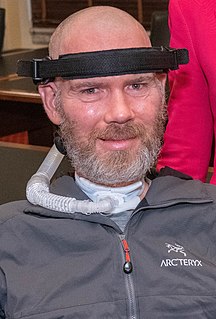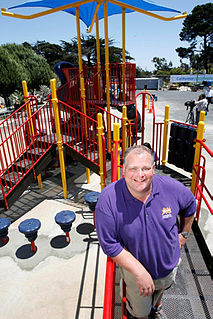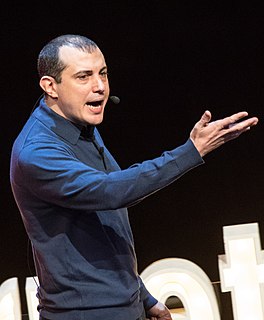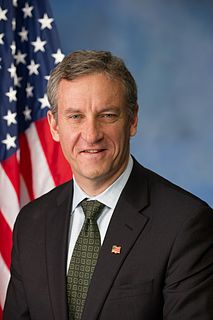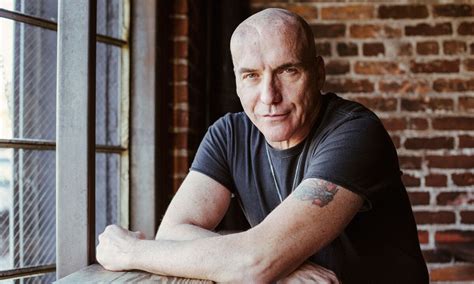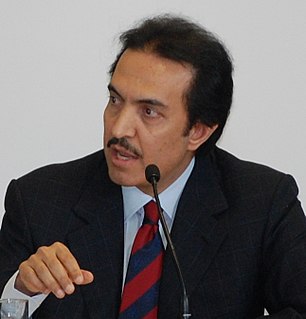Top 356 Cognitive Quotes & Sayings - Page 4
Explore popular Cognitive quotes.
Last updated on November 24, 2024.
The cognitive functioning of a human brain depends on a delicate orchestration of many factors, especially during the critical stages of embryo development-and it is much more likely that this self-organizing structure, to be enhanced, needs to be carefully balanced, tuned, and cultivated rather than simply flooded with some extraneous potion.
Happiness doesn't just happen. It must be pursued. And if the pursuit of the 'ultimate currency' of happiness helps us choose occupations that confer present and future benefit, and these choices, in turn, motivate us to succeed, this strikes me as perhaps the most powerful non-cognitive skill of all.
Digital technology can be a great resource, but it can also be a pernicious one, so it's how we, as a society, really study the cognitive impact of that and use evidence-based research to go after the technology designers to do a better job of dealing with the problems of memory and attention we are seeing.
My work on what is called 'deep reading' explores the range of linguistic, cognitive, and affective processes that underlie not only the emergence of creative thought when we read but also the development and strengthening of capacities like empathy and critical analysis that we can apply to the rest of our lives.
The systematic experimental study of reproducible errors of human reasoning, and what these errors reveal about underlying mental processes, is known as the heuristics and biases program in cognitive psychology. This program has made discoveries highly relevant to assessors of global catastrophic risks.
Being gritty doesn't mean not showing pain or pretending everything is O.K. In fact, when you look at healthy and successful and giving people, they are extraordinarily meta-cognitive. They're able to say things like, 'Dude, I totally lost my temper this morning.' That ability to reflect on yourself is signature to grit.
Cognitive neuroscience, and social theorists from Weber to Bourdieu, have recognized that humans act, most of the time, habitually, not reflectively. Both at intrastate and inter-states levels, habits play critical roles in mitigating uncertainty, providing a sense of order, and entrench patterns of cooperation or enmity.























